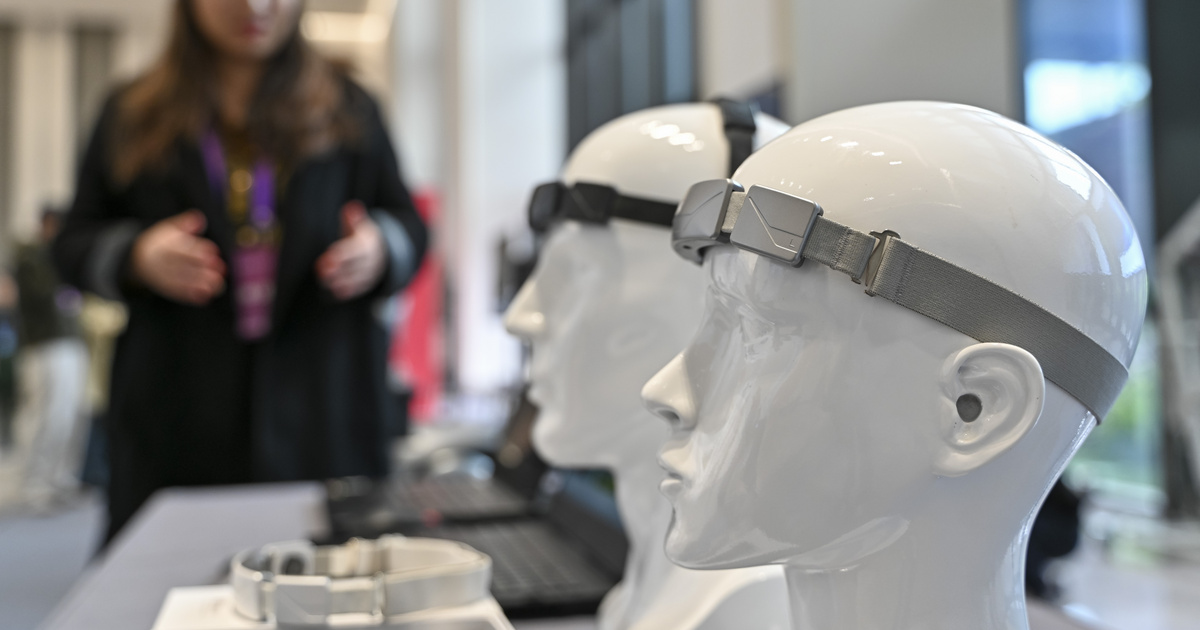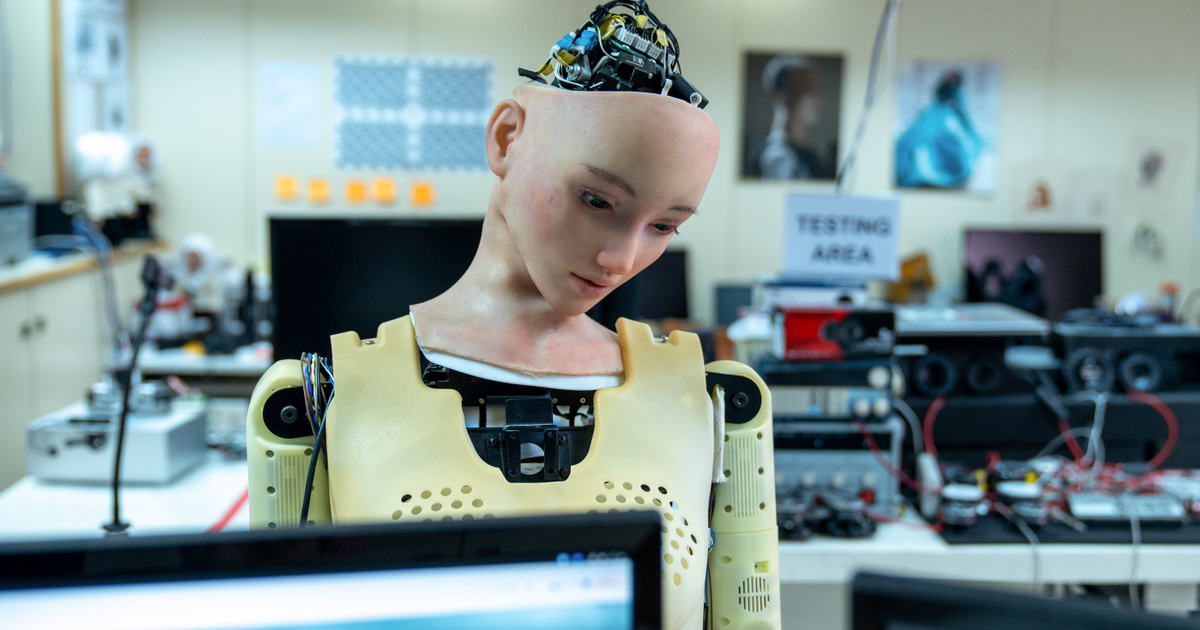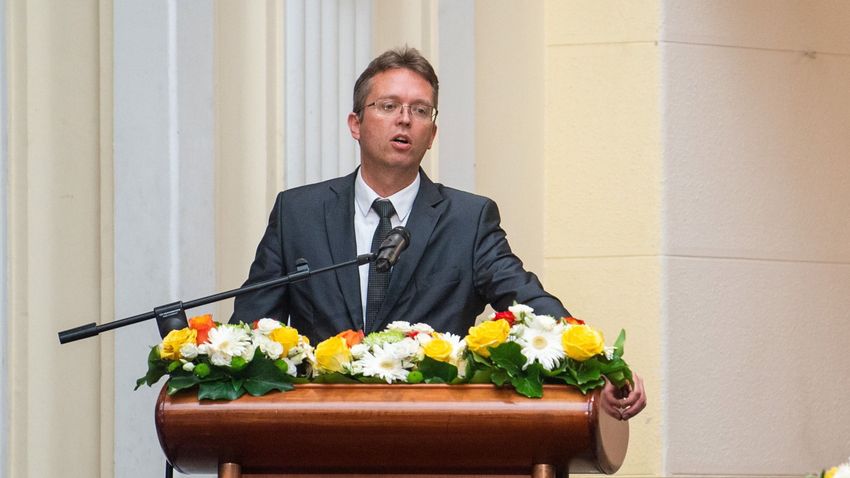Hungarian science and Hungarian innovation are the key to Hungary’s “future potential,” the State Secretary in charge of Innovation and Higher Education of the Ministry of Culture and Innovation announced on Saturday at the ceremonial meeting of the Senate of the Budapest University of Technology and Economics. (BME).
Balázs Hankó asserted that the nation’s “future potential” depended on the universities, and on the quality of young people and researchers that would be in the future.
The Minister of State said that Hungarian universities have been renovated in recent years in order to achieve the set goals, and thanks to this, a more independent, competitive and flexible university system has emerged in Hungary.
He said that funding has doubled, the number of scientific publications in the world’s best journals has increased by 26 percent last year, and that 11 Hungarian universities are among the top five percent of the world.
Balázs Hankó said that this year the number of successful applicants to higher education increased by more than 27 percent, and the number of applicants in the fields of technical and natural sciences, engineering and information technology increased by 34 percent.
He said that in consultation with the scientific community, the János Neumann Program will be launched this year, the aim of which is to honor János Neumann by “increasing the added value of Hungary through Hungarian innovation”.
“We set ourselves the goal of no less than making Hungary one of the top ten innovators in Europe and among the top 25 in the world by 2030,” said Balázs Hankó.
He said progress must be made in three areas: more researchers and developers are needed, the innovation potential of companies must be increased, and the number of patents must be increased, and the János Neumann Program recommends nine measures for all of these.
At the meeting, Catalin Carico, a research biologist, was presented with the János Neumann Professor, an award created jointly by BME and the János Neumann Society for Computer Science.
As mentioned, Catalin Carrico founded the medical technology of synthetic mRNA-based vaccines with her discovery. In 2020, based on her patent, the world’s first third-generation Pfizer-Biontech Covid-19 vaccine was completed.
“We feel that Catalin Carico’s work is worthy of the legacy of Janus Neumann. Like a computer built on the basis of Neumann’s ideas, the mRNA-Covid vaccine also affects the lives of all mankind,” said Rector Tibor Chijani.
After receiving the certificate and plaque confirming the recognition, Catalin Carrico shared her good advice with her doctoral candidates. He said that they should choose a job that they are happy to do, and he said, “Actually, money does not make you happy. Creating, helping others, healing, learning, teaching are all noble tasks, they give you happiness.”
Miklós Bendzisl, President of the Hungarian Academy of Engineering, received the University’s Honorary Citizen Award at the ceremonial meeting.











































